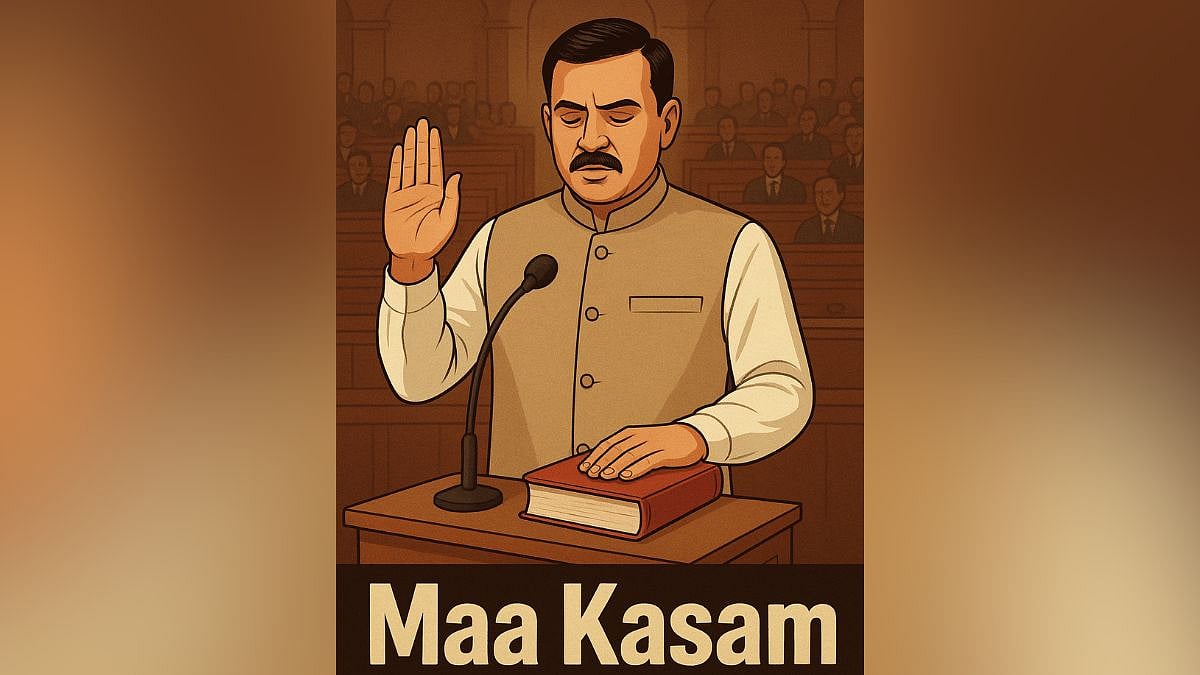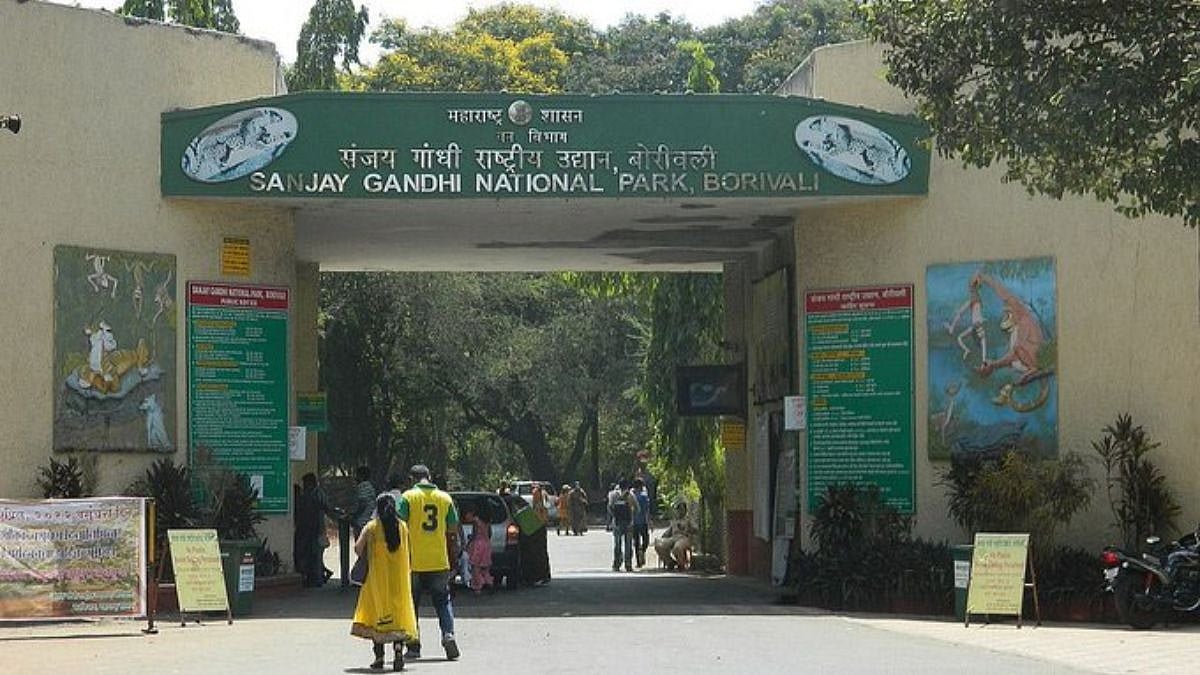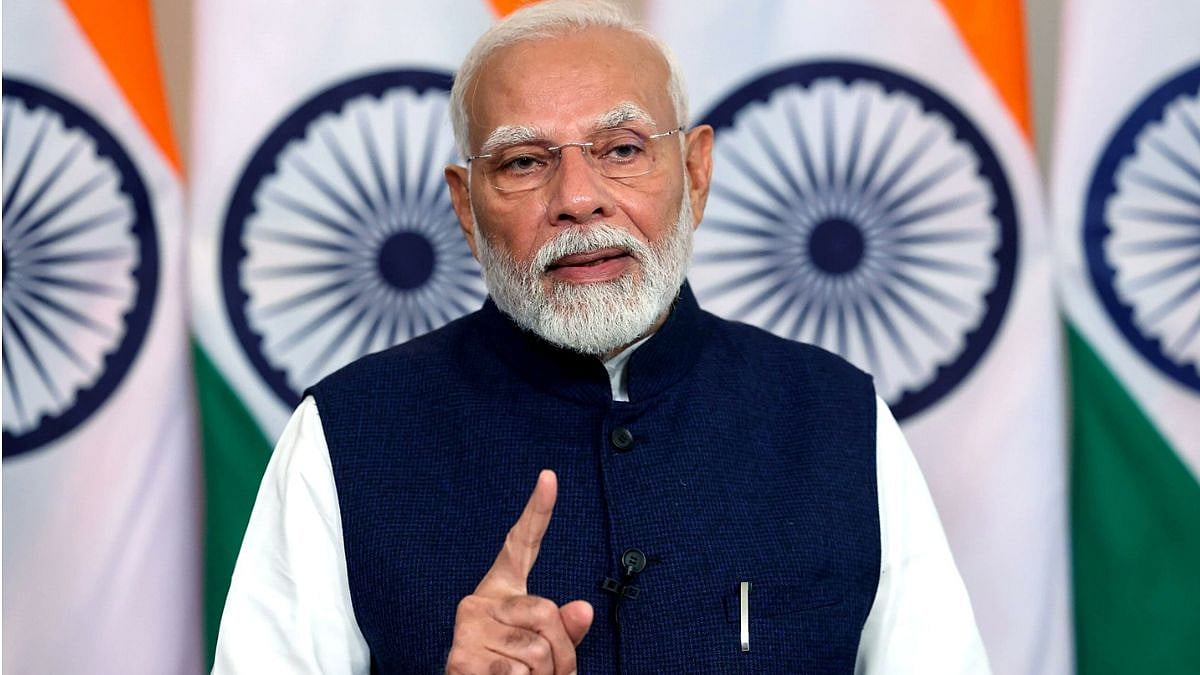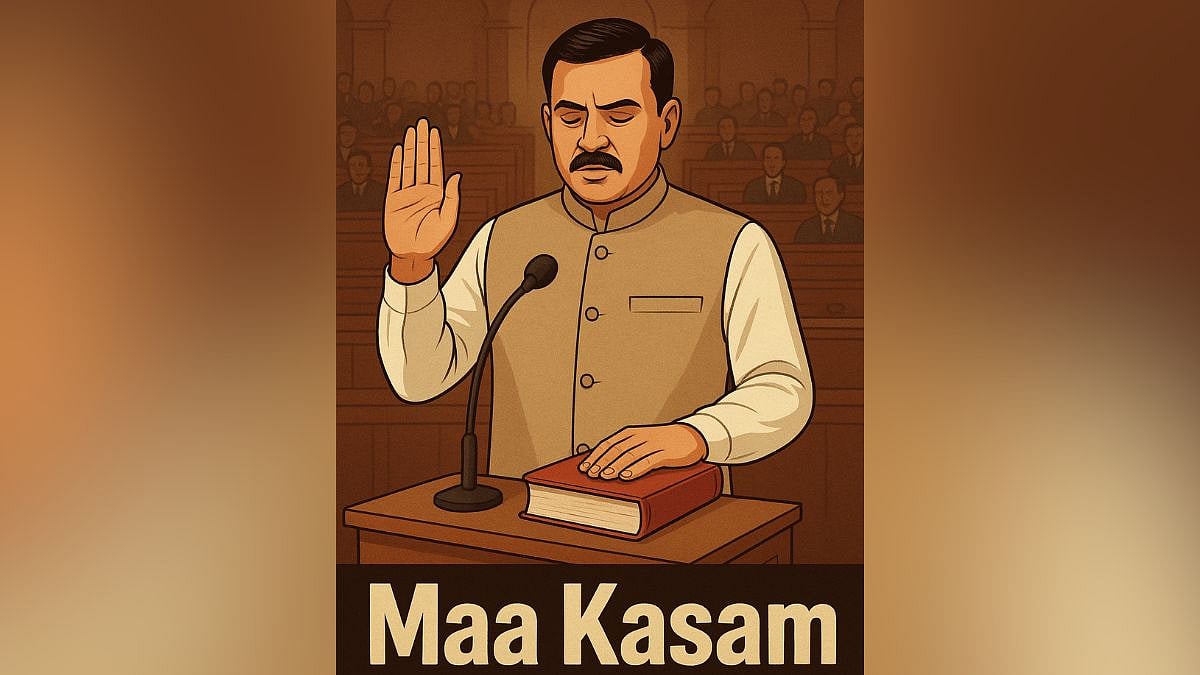There’s something almost theatrical about the oath-taking ceremony in the Parliament. Freshly minted MPs march up, draped in pride, puffed up with victory. They place their hand on a holy book of choice, invoke their chosen god, mumble “in the name of the Constitution”, and exit stage.
The moment is meant to be sacred, binding, and reassuring to the citizen. But does it really restrain anything? Does it stop the defections, the forgotten manifestos, the scams gift-wrapped as “policy” or the endless wishing to govern the nation like a family start-up with misplaced entrepreneurship?
Today’s oath is as effective as a “terms and conditions” box on a shopping app. You click “agree” and continue with the activity.
Why? Because swearing in the name of God or the Constitution for the elected doesn’t carry either fear or consequence anymore. The gods, after all, are infinitely forgiving. What’s a little scam, a broken promise, or a minor betrayal of democracy? One holy dip, one whispered “Michchhami Dukkadam”, and sins are wiped out faster than an expired loyalty card reissued free.
If things get messy, there’s always the evergreen line: ‘Past is past; let’s focus on the future.’ Or ‘it takes time to restructure and rebuild on the damage of decades.’ Unless, of course, power slips away and cupboards open, rattling skeletons that no brand consultant or spin doctor can airbrush.
And the Constitution?
Once revered as India’s moral compass, it is now more prop than principle. Quoted selectively, flaunted for photo ops, and carried into protests when the political winds blow unfavourably, it is reduced to stagecraft and often to misinterpretations. As a responsible and law-abiding citizen, I deeply respect it, which is why I am hurt to see its sanctity disregarded with such impunity.
But India doesn’t need another imported ritual. We already have a cultural code, sharper and more visceral, impossible to shrug off, a code made of just two words: Maa Kasam.
Swear on your mother. Better still, add the names of the father, wife, and children for good measure. Not some abstract text or distant god, but the very people who raised you, share your name, and carry your legacy forward. Maybe the ones for whom you are doing whatever you are doing.
Imagine the oath-taking session: “I, so-and-so, swear on my mother Mrs name (insert name), my father Shri (insert name) honour, my wife Mrs (insert name) dignity, and my children (name(s)) future that I will uphold the Constitution and work for the people of India.”
Now that isn’t a line you walk away from casually. Because the cost of betrayal here is no longer abstract; it isn’t postponed divine wrath or endless legal wrangling. It’s the fear of betraying the one figure even hardened criminals whisper about with respect—Maa.
For centuries, “Maa Kasam” has been India’s ultimate pledge of truth. The street kid, the swaggering bully, and the smooth-talking trader—all, when cornered, resort to the trump card: “Maa kasam, I didn’t do it.”
To lie after swearing on your mother isn’t just dishonour; it’s a permanent stain no ritual bath can cleanse.
So why should politicians escape this most authentic test? Let them swear not with wooden seriousness, but with trembling sincerity, knowing every voter can look them in the eye and say, “But you swore on your mother.”
In a society where family name and honour still matter deeply, this pledge might finally pierce through the thick armour of political convenience.
And if even that fails, if someone feels no shame in betraying mother, father, wife, or child—then maybe we’ve stumbled upon the absolute disqualification: such a person is unfit for public service altogether.
Critics will likely call this sentimental and filmy and perhaps even inspired by Bollywood courtroom dialogue. True. But politics in India is already high drama with walkouts, defections, and midnight alliances. If the theatre is inevitable, why not make the oath part of the script? For once, the drama could be more than merely entertaining.
Of course, there’s a risk. Someone will laugh it off, twist it into another hollow ritual. But isn’t that already the reality with the current oath? Between an oath that means nothing and a pledge that tugs at conscience, I’d prefer the latter. And this isn’t just idle musing; I hear a few concerned citizens are already toying with the idea of a PIL for such a change. Given the weight of the sentiment, perhaps even a suo motu action isn’t far-fetched.
And here lies the irony. Politicians are the only brand in India that enjoys complete immunity. Scandals, scams, realignments, lies, unsubstantiated, illogical and unscientific statements, and U-turns are no problem. They are repackaged, relaunched, and returned without losing market share. They are the Teflon-coated brand of our times. Maggi can be pulled off shelves, colas can be boycotted, celebrities can be questioned for creative misrepresentation and hurting sentiments, and banks and bankers can lose trust. But a politician’s brand? Untouchable. Maybe because their oath has long been nothing more than “terms and conditions apply”.
So let’s rewrite the script. Keep God, keep the Constitution, but add what truly matters. Make the politician look straight into the camera, think of their mother, picture their children, and then say, “Maa Kasam, I will not betray.”
Maa Kasam, the oath means something.
Sanjeev Kotnala is a brand and marketing consultant, writer, coach and mentor.










